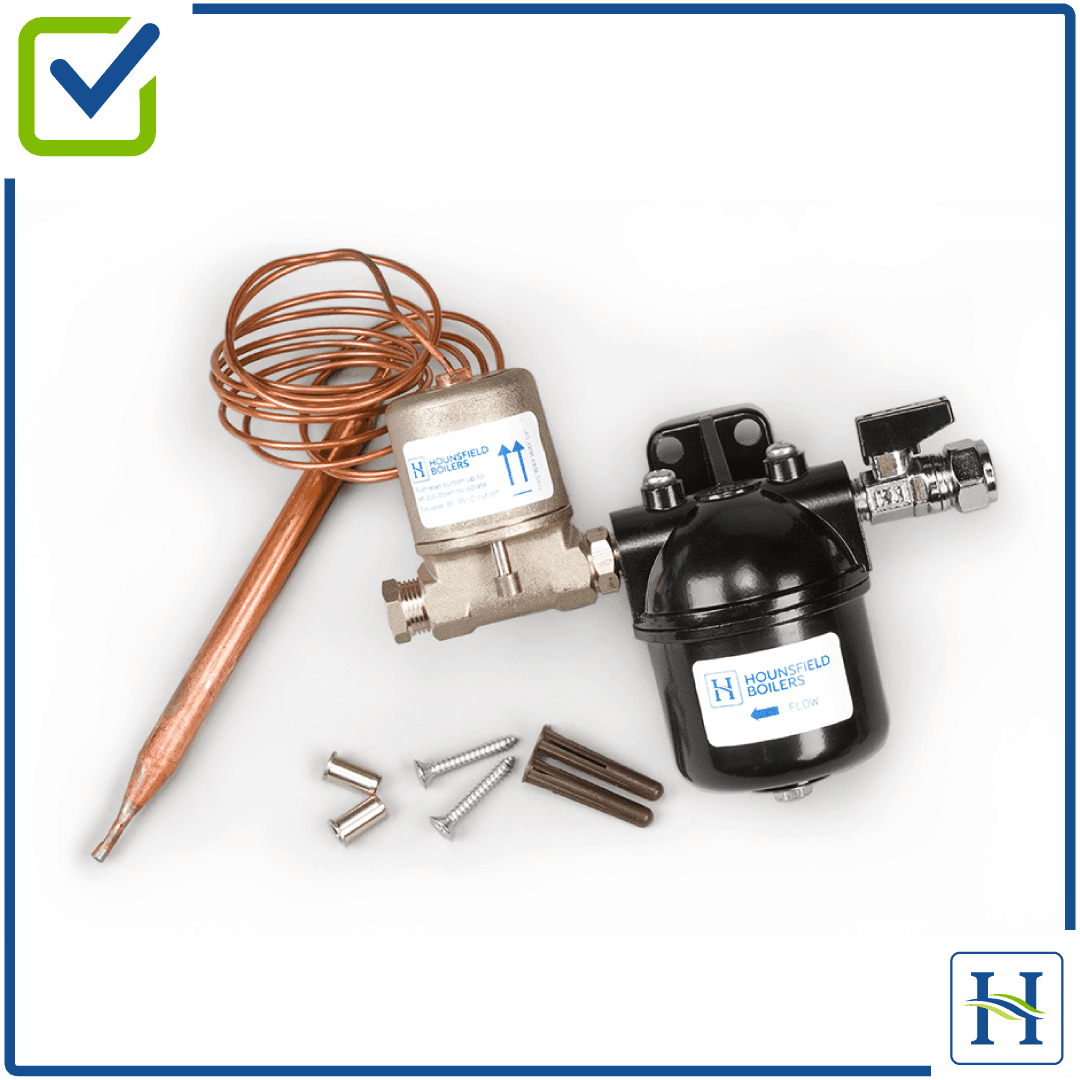Oil boilers are powered by fossil fuels and this is clearly not sustainable, but there is an alternative out there and it’s a product that has been used by other industries for sometime – Hydrotreated Vegetable Oil (HVO). Crucially, HVO is made from 100% renewable and sustainable waste derived raw materials and HVO reduces 90% of greenhouse emissions when it replaces kerosene – this is seriously impressive.
In many ways it is the perfect replacement fuel, there is no need to switch boiler, no new heating systems required, no large investment required for new technologies to be installed. The UK already has a strong network of commercial suppliers of HVO, which offer a very consistent supply of high-grade drop in fuels, and have been used in lorries, agricultural vehicles and generators.
There is good evidence from trials in Europe that HVO is a very effective replacement for kerosene. Research has also shown HVO to have a lower carbon intensity than electricity or biomass, so why isn’t the government promoting HVO as a drop in fuel to oil heating? Are ministers so remote that they do not understand that those living off-grid can’t afford new heat pump technology, underfloor heating and a back-up boiler? Rural heating poverty has become a major issue and a green solution doesn’t have to cost the earth.
“The oil boiler industry continues to be ignored when it could actually play a vital role in providing heat in a carbon neutral way”
Andrew Hounsfield, MD of Hounsfield Boilers, discusses the potential of Hydrotreated Vegetable Oil (HVO) as a lower carbon heating solution in off-grid rural areas. With the government publishing its 10-point plan for a Green Industrial Revolution and promising to invest £12 billion of public money to support it, along with a commitment to fast-track the Future Homes Standard, the oil boiler industry continues to be ignored when it could actually play a vital role in providing heat in a carbon neutral way.
The government will extend the Green Homes Grant scheme for another year so that fossil fuel heating can be replaced, but not every home can afford or even be suitable to install the heat pumps that the government is so clearly obsessed with. However, the oil boiler industry has an important role to play in the green debate if only ministers and their advisors would widen their focus from heat pumps and explore what else is out there. The oil boiler industry has much to be proud of, technological advances, ultra-high efficiency ratings and the rabbit in our top hat, the ability to utilise drop in fuels, especially HVO.
Unlike gas, oil boilers have been highly efficient for many years, customers have benefited from gaining the maximum amount of heat from the fuel. This is especially important in off-grid rural areas, where oil helps to combat fuel poverty in older homes that cannot be easily insulated to current standards. Oil can also be bought and stored when the price is low, which is good for low-income homes. HVO will empower those off-grid properties to play their part in reducing their carbon footprint in an affordable, realistic way. Of course a few modifications will need to be made to the standard boiler, but nothing
drastic.
Simple adaptions to the size of the fuel injector nozzle, fuel pump pressure and blast tube, would mean that the new HVO-fired system would run as normal. At Hounsfield Boilers we’re already endurance testing our boilers to ensure they’re HVO compatible. I’m convinced drop in fuels will be the future and I have my fingers crossed that the government, when faced with the HVO facts, will agree and help our industry move forward to a carbon neutral future.
Andrew Hounsfield »
WWW.HOUNSFIELDBOILERS.CO.UK













